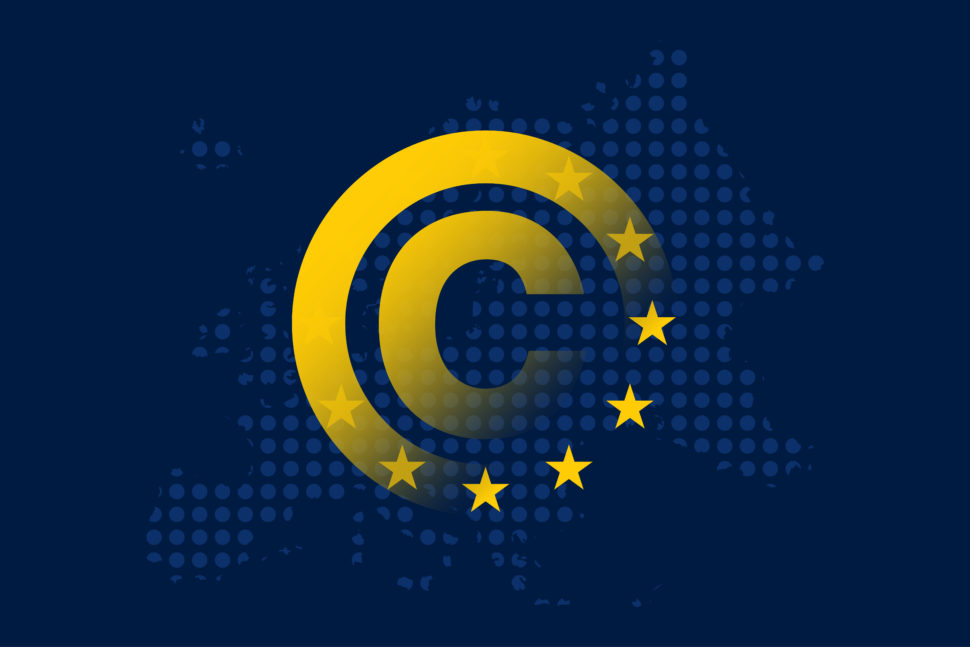Article 13, sometimes known as the EU Meme Ban, is a done deal.
Google will have to pay creators for their content that it has basically made its bread and butter. Facebook will be legally forced to set upload filters to protect copyrighted content its users continuously publish on its platform.
The European Union state members have doused the flames of most free internet movements by officially adopting the European Directive on Copyright in the Digital Single Market.
Against nineteen states that supported the reform, with three abstaining from the vote, Sweden, Finland, Luxembourg, Netherlands, and Poland opposed it.
In a press release, the EU further outlined the intentions of this directive:
“The new rules ensure adequate protection for authors and artists, while opening up new possibilities for accessing and sharing copyright-protected content online throughout the European Union,”
Now, the directive will officially go into effect after getting past the final hurdle with this majority approval from European governments.
Read More: Proposed EU Copyright Law is Bound to Destroy the Internet
It goes without saying, “Google” and “Facebook” here mean search engines and social networks, but these two giants and their different online portals are the main target and one of the biggest losers of the directive.
Two articles fuel the controversy over the EU copyright law, otherwise known as the EU Meme Ban, although there’s more at stake than just memes.
Article 13, Article 17 in the amended text, aims to protect content creators and copyright holders by having online platforms pay them a fee for using their copyrighted content. Another sticking point is “upload filters” on online platforms, imposed by Article 11, now Article 15, and raises concerns over the freedom of speech on the Internet as some argue this could lead to a form of censorship.
Although the directive is focused on giving artists the chance to reclaim their intellectual property from the web, it may not work out that way. As we’ve seen from YouTube’s disastrous copyright claim scandals, large companies or creators can use this directive as a weapon to ensure that smaller artists or competitors remain outside the loop and locked out through the use of copyright suits and demonetization.
This is where the term EU Meme Ban comes from. Many believe that instead of stopping copyright abuse, it will inevitably lead to companies hindering the use of popular images or content on websites, particularly with content like fan videos, memes, or satires.
It remains to be seen how EU member states will implement these laws, but there is a lot of uncertainty over exactly how it will protect original artists and producers.
Read More: How the new EU Article 13 Directive Will Kill Memes
The European copyright directive will be published later this year in the EU Official Journal.
Then, member states will have two years to spin the legislation into local laws.
There, at each state’s parliament, opponents of the law and would still have a chance to bring the battle to a national front and advocate for lessening the directive’s negative impact on a free internet.



















Comments (0)
Most Recent